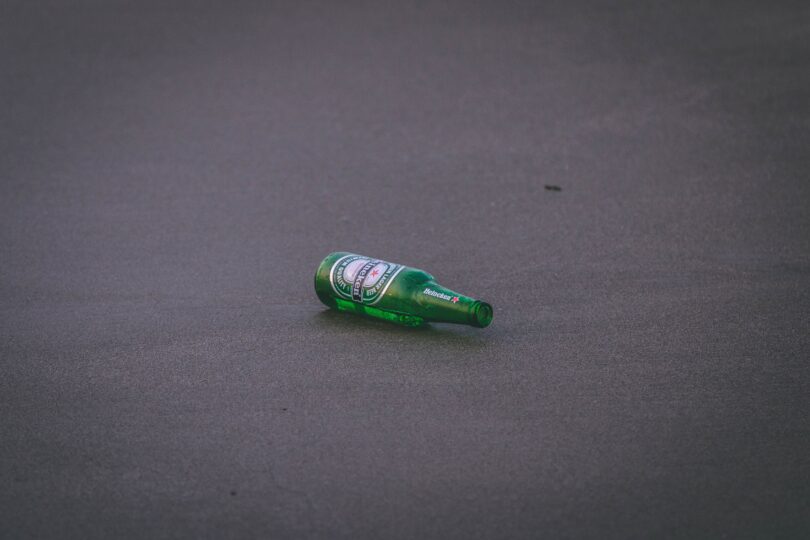Australia’s consumption of alcohol per capita is nearing historic lows according to a study of Australia’s alcohol intake since 1961 published by the Australian Bureau of Statistics in September 2019.
The study, Apparent Consumption of Alcohol, uses data from the Department of Home Affairs, the Australian Taxation Office and the National Health Survey, documenting a steep fall in Australians’ consumption of beer since 1961 and its impact on Australia’s declining total intake of alcohol.
According to the study, beer made up 73.5 percent of all alcohol consumed in Australia 1968, falling to 39 percent by 2018.
Amid declining beer sales, wine and ready-to-drink beverages have increased five percent each over the past five years, the study noted.
Tim Carroll, director of buying and merchandise at Endeavour Drinks Group, one of Australia’s largest hospitality and beverage companies, said sales of low and non-alcoholic beer are surging, too.
“Across our BWS and Dan Murphy’s stores, sales of zero-alcohol products have grown more than 150 per cent in the last 24 months,” Mr Carroll said.
Michael Livingston, associate professor at the National Drug Research Institute at Curtin University commented on the ABS study, saying “alcohol consumption has been decreasing here since about 2007, and we’ve seen a 10 per cent reduction in per capita consumption across the whole population.”
“It’s being driven by big shifts amongst teenagers and young adults; they’re drinking significantly less than previous generations did at the same age,” he said.
According to the study’s data, drinkers aged 18-39 lead Australians in reducing their alcoholic intake, citing lifestyle and health factors as their primary motivations.
Professor Livingston suggested that the de-stigmatisation of responsible drinking could be attributed, in part, to a rise in the visibility of events and services such as DrinkWise and Dry July, and that this cultural shift will have positive implications for Australians’ health in the future.
“Alcohol is one of the key risk factors for a range of chronic diseases and cancers, and also for road crashes, injuries and assaults,” Livingston said. “So if these big declines stick around through whole generations, we’ll expect to see substantial public-health benefits during the next 30 or 40 years.”
Drug and Alcohol support services in Australia:
- Sober in the Country
- Alcoholics Anonymous Australia 1300 222 222
- Lifeline Australia 13 11 14
- MensLine Australia on 1300 789 978
- Suicide Call Back Service on 1300 659 467
- Smart Recovery Australia
- Hello Sunday Morning
(Featured Image: Hitesh Choudhary)







